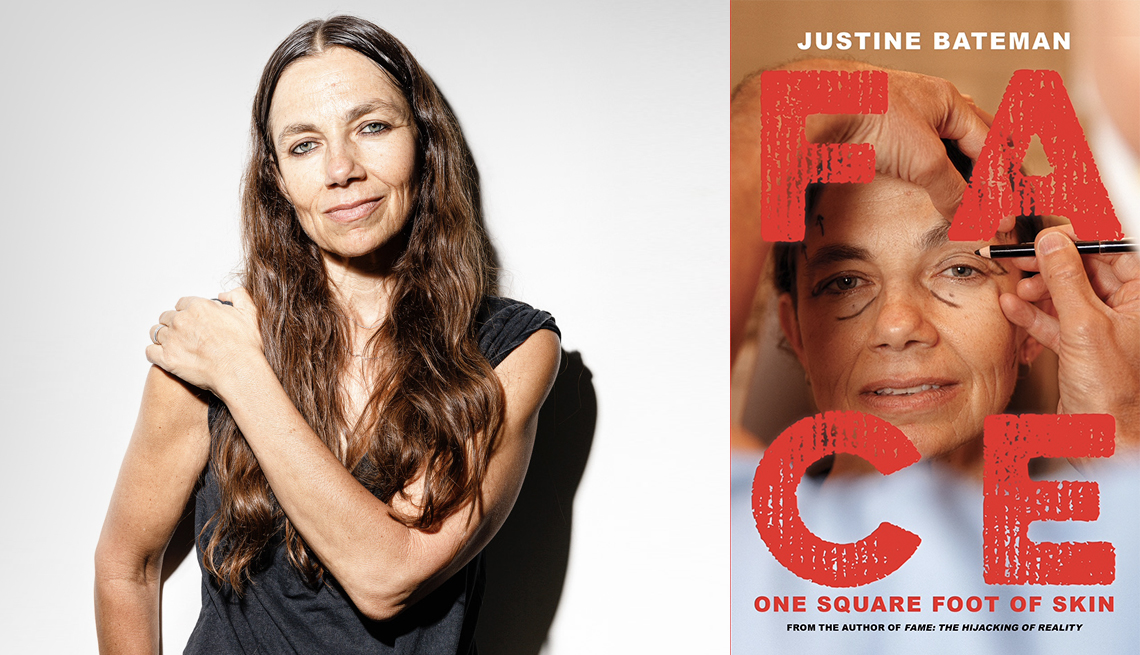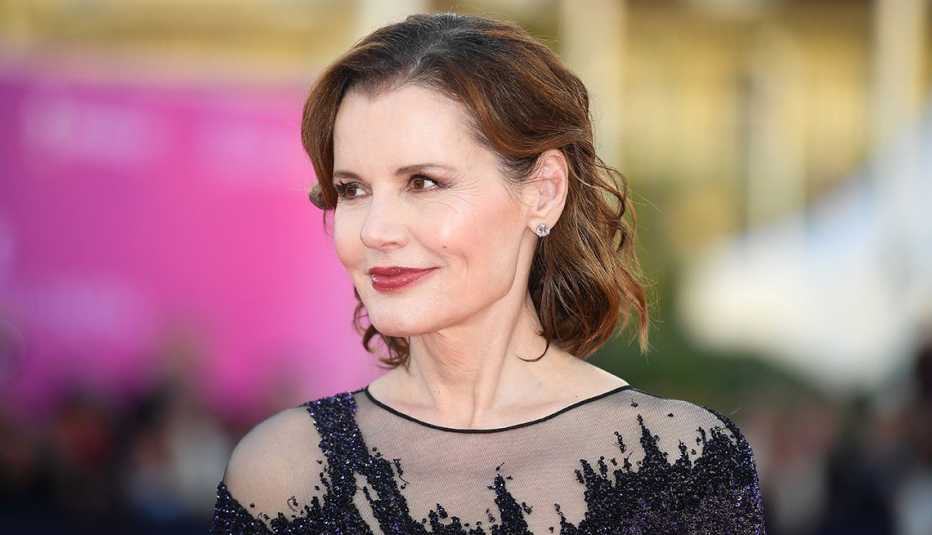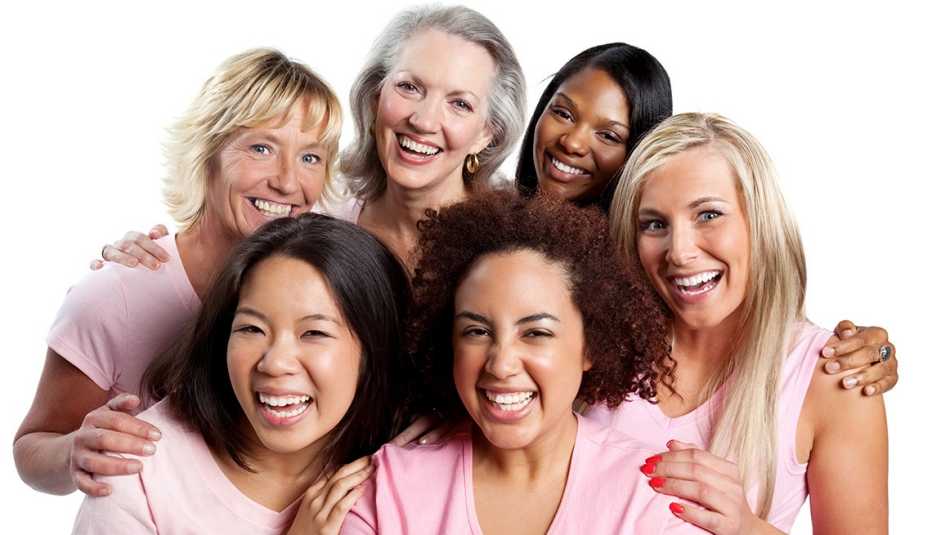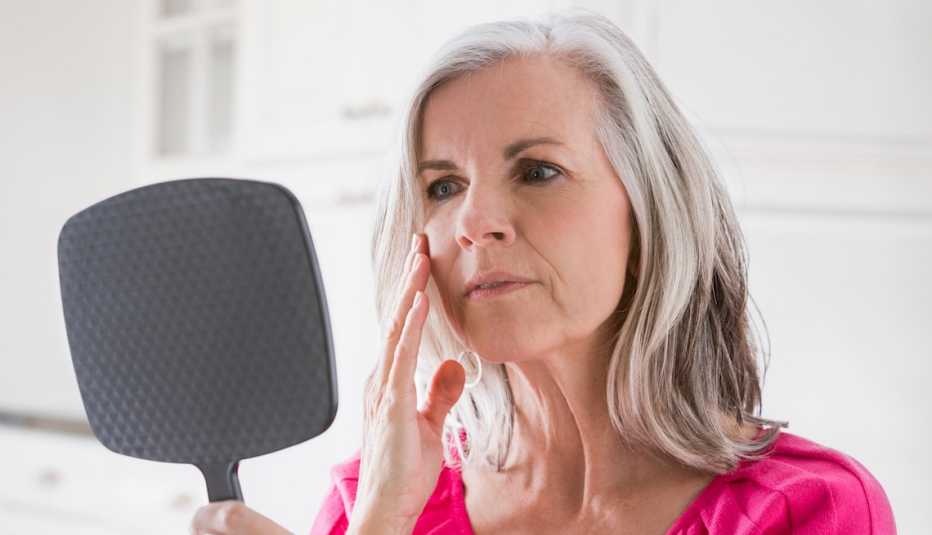AARP Hearing Center
You likely know Justine Bateman best as Mallory on Family Ties — the 1980s sitcom in which she played the superficial sister of buttoned-up Alex P. Keaton (Michael J. Fox). Her life has taken some interesting detours since then. She enrolled in college in her mid-40s, to earn a degree in media management and computer science, and is now a screenwriter and director; her recent film, Violet, was shown at the 2021 South by Southwest (SXSW) Film Festival.
One thing Bateman, 55, hasn't done — and never will do? Get plastic surgery.
In her new book, Face: One Square Foot of Skin, she argues that American society has long equated the signs of aging on a woman's face with unattractiveness. But she also asserts that women need not participate in such prejudice by accepting and internalizing it.
In her own case, she writes, she didn't mind seeing the beginnings of creases on her face and even the start of bags under her eyes in her early 40s — she actually kind of liked them. But nobody else did: “You can imagine how surprised I was to find that many people disagreed.” Online critics complained, “Justine Bateman looks horrible now."
The book is a compilation of 47 stories based on interviews with women about their own experiences with ageism; she calls it “creative nonfiction” because the stories are all true (some are her own), but she's added some “cinematic” details.
They include a young American in France who marvels at a supremely stylish older woman, then realizes that it's the woman's maturity and confidence that make her so stunning. In another, a 42-year-old photographer, Tara, has a heated argument with a female friend who's just had a face-lift: “Why didn't you just deal with the insecurity instead of cutting your face?” Tara asks, frustrated, angering the friend.
We talked to Bateman about Face and her passionate feelings about the subject.







































































